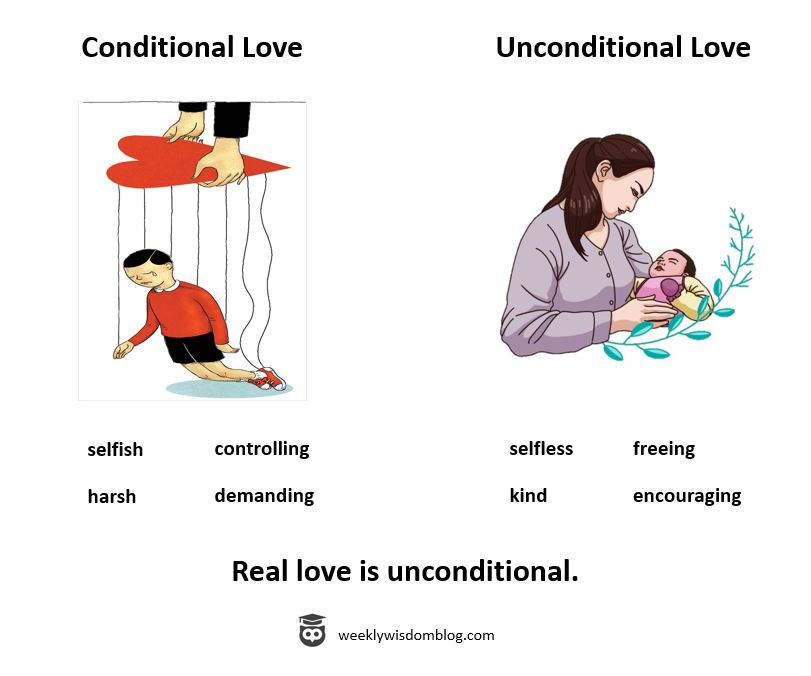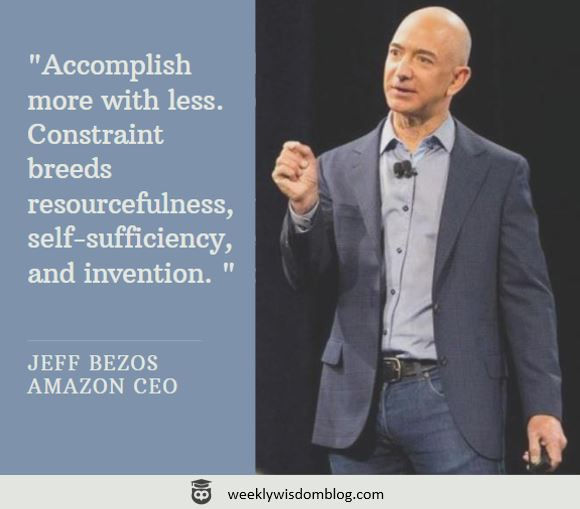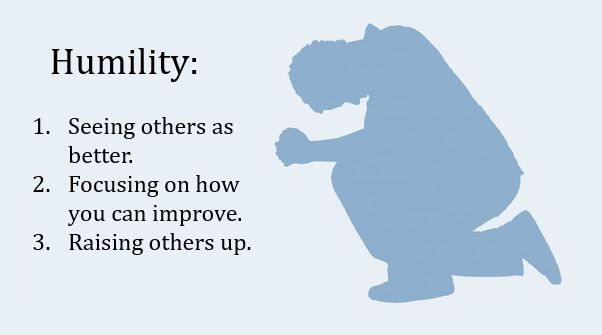The Three Treasures of Daoism
- Alex Chen
- May 27, 2022
- 10 min read
Do you have any treasures? Perhaps a prized possession, or a person whom you love dearly? In philosophy, treasures are precious human virtues that shine light to the world. Different philosophies have different guiding virtues. Today, let's look at the three treasures of Daoism (Taoism)
In Chapter 67 of the Dao De Jing (Tao Te Ching), Lao Zi (Lao Tzu) said,
"I have three treasures that I constantly hold firmly to: first is compassion, second is frugality, and third is not presuming to be at the head of the world. Compassion enables courage. Frugality enables broadness. Not presuming to be at the head of the world enables talent."
(Original Text: 我有三宝,持而保之:一曰慈;二曰俭;三曰不敢为天下先。慈,故能勇;俭,故能广;不敢为天下先,故能成器长。)
Why should we care about these three treasures? Well, they are worth a lot more than just money. They can save the world. Think about it: What problems does our world face today that cannot be solved by these three treasures?

If people were more compassionate, there wouldn't be so many conflicts and wars. If people were more conserving, our environment wouldn't be so disastrous. If people were more humble, the human race would be far more advanced. Let's go into more detail for each treasure.
Treasure 1: Compassion
Compassion is selfless love for all others. It includes giving others happiness and removing their suffering.
Most people have conditional love, which means "If you behave the way I like, I will treat you well; if you don't, then I won't treat you well." People who only have conditional love are selfish, and they have lots of conflicts with others. People with compassion are selfless, and they share lots of love and positive energy with others.

In The Treatise of Response and Retribution, Lao Zi gave examples of what a compassionate person does:
"Show concern for widows and orphans. Respect elders and nurture the young. Do not harm even insects, animals, plants, and trees. Pity people's evils and celebrate people's goodness. Help people in emergencies and save people from danger. View others' gains as your own gains. View others' losses as your own losses."
(Original text: 矜孤恤寡,敬老懷幼。昆蟲草木,猶不可傷。宜憫人之凶,樂人之善。濟人之急,救人之危,見人之得,如己之得,見人之失,如己之失。)
From Lao Zi's instructions, we can see that a compassionate person is always thinking about helping others, whether they are lonely, old, young, small, big, animals, or even plants! Moreover, a compassionate person can really empathize with others, so they feel happy when others are happy, and they feel sad when others are sad. That's why they view others gains and losses as their own gains and losses. There is no selfishness in their giving.
Compassion Enables Courage
When we nurture our compassion to a certain level, we will naturally become courageous because we see that there are too many people in the world that need help.
Rather than just seeking personal happiness, we seek happiness for everyone in society. Rather than seeking a comfortable life for just ourselves, we are willing to shoulder the weight of improving the world. That's why Lao Zi said "compassion enables courage."
Compassion Can Save The World
So many people in modern civilization only think about themselves and don't think about the consequences of their actions on others. For example, when we open the door, do we stop to think about holding the door open for the person behind us? When we enter the office, do we give a smile or greet our colleagues?
When we wake up in the morning, do we think about how we can help the people around us? If we were more compassionate, then we would have more happiness and less conflict in life. On a larger scale, the world would have less conflict and wars.
Self-Reflection:
|
Treasure 2: Frugality
Frugality is about using less resources for the purpose of giving more to others. The foundation for frugality is compassion. Compassionate people use little for themselves but are happy to spend lots on others. On the other hand, stingy people save money for selfish reasons and are unwilling to spend money for the sake of others.
In chapter 81 of Dao De Jing, Lao Zi said:
"A sage does not hoard. The more one does for others, the more one has. The more one gives to others, the more one receives."
(Original Text: 圣人不积,既以为人,己愈有;既以与人,己愈多。)
Some people might think, "But if I give all my things to others, won't I have nothing left?" You have to try giving in your own life to experience the meaning of this advice. Think about it: Businesses give away free samples, and they get more profit in return. Volunteers give others happiness, and they gain happiness in return. Teachers give knowledge, and they became smarter in return. The more we give, the more we receive.
In The Treatise of Response and Retribution, Lao Zi tells us to give more to others and take less for ourselves. He also warns us to not have insatiable greed or to waste resources such as clothes and food.
Frugality Counters Greed and Unhappiness
The root of unhappiness is greed: We want something and we cannot get it, hence we become unhappy. When we become unhappy, we treat others and ourselves badly. Frugality is a useful medicine for this problem. There is a common Chinese saying that goes,
"When you are satisfied with what you have, you will always be happy."
(Original Text: 知足常乐)
In chapter 44 of Dao De Jing, Lao Tzu echoed the same idea:
"One who has contentment meets no disgrace. One who knows limits meets no danger. Thus everlasting, one will be."
(Original Text: 知足不辱,知止不殆,可以長久。)
When it comes to anything, we should follow the Middle Path, which means not lacking but not excessive. Frugality is following The Middle Way: not too little, not too much. When we want expensive unnecessary things, we will be stressed and work very hard to attain them. After we attain them, we then need to work even harder to maintain them, and we become stressed about losing them.
For example, some people work all day to buy a bigger house than they need. Then they have to work all day every day to pay the expensive mortgage. They don't even have any free time to spend in the house that they just bought! Other people look to buy nice cars or clothes, then they worry that others will damage their cars or have nicer clothes. Their unnecessary desires bring them lots of suffering.
Frugality Counters Wastefulness
Modern day business legend Jeff Bezos also emphasizes frugality. He picked frugality as one of Amazon's 14 guiding principles and explains it as such:
"Accomplish more with less. Constraint breeds resourcefulness, self-sufficiency, and invention. There are no extra points for growing headcount, budget size, or fixed expense."

People who come from poor and frugal families learn the values of diligence and saving. Meanwhile, many people from rich families have everything they want (and more) provided to them, which makes them entitled, lazy, and wasteful. Later on in life, they lack independence and responsibility, which leads to their failure. If we want a successful life, then regardless if we are rich or poor, we should act frugally, be hardworking, and save resources.
Frugality Enables Broadness
When we are frugal for the purpose of helping the world, then we have a broad heart. The Earth has limited resources, so if we can use less resources, then we leave more for others to use. If we overuse resources, then we ruin the Earth and make it uninhabitable in the future. Therefore, a compassionate person tries to use just the minimal amount needed and then leave the rest for others and for the future.
On a global level, people are overusing our natural resources, which might make our Earth uninhabitable in the future. Did you know that people waste 33% of their food globally? We also waste 83 billion kilograms of clothes every year. Our wastefulness is killing both our wallet and the planet!
Consider these questions:
Do I know my ecological footprint? If not, calculate it here.
When I eat food, do I eat finish everything on my plate?
If I have left over food, do waste it by throwing it away? Or do I save it for later? Or compost it?
Am I willing to eat less meat and animal products to help the environment?
How much clothing do I have that I don't use?
Do I throw away unused clothes? Or do I donate them or recycle them?
When I brush my teeth or wash my face, do I just let the tap run? Or am I conscious of conserving water?
Do I create a lot of garbage? Have I ever thought about how I can reduce my garbage?
If we can all be more mindful of how much we spend and how many resources we use, then we can find ways to be more frugal. When we are frugal for the sake of giving more to others and for the future of humanity, then our environment will heal, natural disasters will reduce, and our future will be bright.
Self-Reflection:
|
Treasure 3: Not Presuming To Be At The Head Of The World

Humility is about seeing yourself as not good enough and needing to improve. The opposite of humility is arrogance, which is thinking highly of yourself and down on others. Arrogance will make others despise us. Yielding means letting go of what we want and letting others have what they want. A compassionate person is happy to yield to others. The opposite of yielding is unrelenting stubbornness, which creates conflict and ruins relationships.
In The Treatise of Response and Retribution, Lao Zi gives instructions on being humble and yielding:
"Do not expose others' shortcomings. Do not show off your strengths. Conceal others' faults and praise their goodness. Give more to others. Take less for yourself. Do not be angry when insulted. Be surprised when praised."
(Original Text: 不彰人短,不衒己長。遏惡楊善,推多取少。受辱不怨,受寵若驚。)
From the above passage, we can see that a yielding person gives more to others and takes less for herself. This is was explained in detail above in the frugality section. We also see that a humble person never tries to show off or step on others. Instead, they praise others' goodness to raise them up.
They also don't get angry when criticized because they are always trying to improve themselves. When others praise them, they are surprised and even nervous because they aren't as good as what others think.
A Humble Analogy: H2O
In chapter 8 of Dao De Jing, Lao Zi praises water on its humility:
"The supreme goodness is like water. Water benefits all things without conflict."
(Original Text: 上善若水。水善利万物而不争。)
In his Ted Talk, Be Humble — and Other Lessons from the Philosophy of Water, Raymond Tang explains the three lessons he learned from water: Humility, Harmony, and Openness (H2O).
Water is humble. Water flows down to lower places, where it nourishes all plants and animals without asking for any reward or recognition. Similarly, humble people are happy serving the group while being at the bottom of the power hierarchy. They are not interested in fighting for the top positions. If there is someone else who is more worthy of the position, they would happily yield to them. Like water, they care about benefiting all things without conflict.
Water is harmonious. When water encounters a rock, it doesn't fight with the rock. Instead, it simply flows around it. It feels no anger or conflict. It maintains harmony. In the long term, water actually wears away the stubborn rock. That's why in chapter 43 of Dao De Jing, Lao Zi said,
"The softest things in the world overcome the hardest."
(Original Text: 天下之至柔,馳騁天下之至堅。)
Similarly, if an arrogant and stubborn person encounters a humble person, he cannot break the humble person. They humble person will yield and maintain harmony. The arrogant person then gets more and more frustrated that he cannot make the humble person unhappy, and all the people around him start to admire the humble person more and despise the arrogant person. Therefore, what is soft and yielding is strong and successful.
Water is open to change. It can fit in any container, be it a cup, pot, or lake. Depending on the temperature, it can be a liquid, solid, or gas. We live in a constantly changing world, so we need to remain open to changes, humble to learning, and harmonious with others.
Humility Enables Talent
To become talented and capable people, we must emulate water. When we are humble, we will feel the need to improve ourselves and learn more. When we are yielding and harmonious, we will get along well with others, and others will raise us up. When we are open, we can adapt to the changing world. How can such a person not become stellar?
With so many conflicts and disasters around the world, we need virtuous, talented, and capable leaders more than ever. People look up to their leaders and learn from them. Hence, we need leaders who teach humility, harmony, and openness with their actions and speech.
The rise and fall of any nation or group depends on how great the leader is. The best we can do as individuals is to be a good leader to the people around us.
If we can influence two people, those two people can influence four, and those four can influence more. That is how we can change the world.
Self-Reflection:
|
My Experience
Having practiced these three treasures in my own life, I can attest to their value.
Compassion
I used to be very self-centered, but many things helped me become more others-focused:
I heard legendary investor Adam Robinson talk about how his life became magical after he shifted from being self-centered to focusing on how to bring magic and joy to others.
I heard this quote from Gandhi that really resonated with me: "The best way to find yourself is to lose yourself in the service of others."
I started learning and practicing Confucianism, Daoism, and Buddhism in my life.
I can confidently say that I am much more compassionate than a few years ago, and as a result, I am much happier and more successful, and the people around me are also much happier.
Frugality
I used to buy things very quickly because it is so convenient to buy stuff online nowadays. Later, I would end up not using those things, which means I wasted money and created unnecessary garbage for the Earth. Now, I'm much more frugal and careful with spending money.
However, I am very liberal in spending money when it comes to protecting the environment (I buy expensive organic food) and buying things for others.
Humility
Arrogance is definitely my biggest problem because I grew up being top of my class, and my personality is naturally very logical. I've worked quite hard over the past couple of years to practice humility. For example, I keep reminding myself
The other person's happiness is more important than me being right.
If I refute them, then they will be scared to advise me in the future.
I don't need to explain myself if they didn't ask because they are not in the right mood to hear it.
I am a little more humble than before. I still have a lot I can improve though. It takes times and practice!
Conclusion
Treasures are rare to come by, but today, we've been given three invaluable treasures from the Daoist sage Lao Zi. These three treasures are compassion, frugality, and humility. For us individually, they will bring happiness, love, and success. For the world, they will bring peace and prosperity. I hope Lao Zi's three treasures may become your treasures and the treasures of our world.
Interested in reading more? Check out these articles:
Weekly Wisdom Newsletter #187
Interested in receiving Weekly Wisdoms in your email? You can subscribe here.
.jpg)
Comments